
The Impact of Diet and Exercise on Blood Pressure
Blood pressure is a critical marker of overall health. High blood pressure (hypertension) is a major risk factor for cardiovascular diseases, stroke, and kidney disorders.

Blood pressure is a critical marker of overall health. High blood pressure (hypertension) is a major risk factor for cardiovascular diseases, stroke, and kidney disorders.

Stress is an inherent part of life, but its pervasive presence can have significant implications for health, particularly concerning blood pressure. Understanding the relationship between
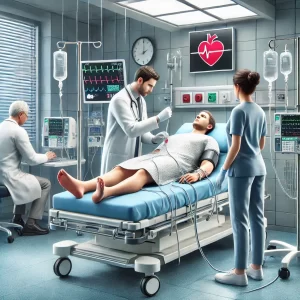
Hypertensive emergencies are life-threatening conditions that require immediate medical attention. This occurs when blood pressure rises dramatically (usually exceeding 180/120 mmHg) and causes acute damage
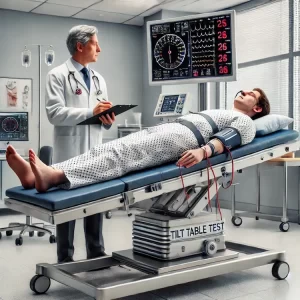
Orthostatic Hypotension (OH), also known as postural hypotension, is a condition where blood pressure drops significantly upon standing up, leading to dizziness, fainting, or even
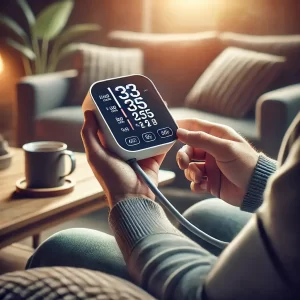
Masked hypertension, a condition characterized by normal blood pressure readings in a clinical setting but elevated readings outside of it, is an under-recognized health concern.
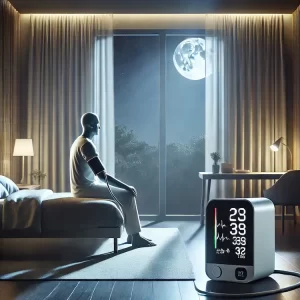
Nocturnal hypertension, or elevated blood pressure during sleep, is a lesser-known but critical health condition that significantly affects long-term well-being. Unlike daytime hypertension, which is
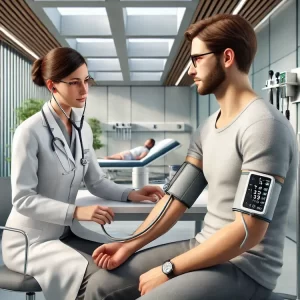
White Coat Hypertension (WCH), also known as white coat syndrome, is a phenomenon where individuals exhibit elevated blood pressure readings in clinical settings but maintain
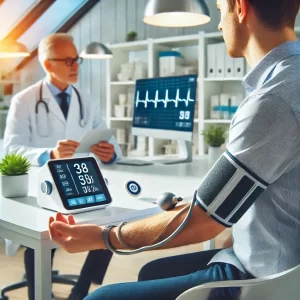
High blood pressure, or hypertension, affects nearly 1.3 billion people globally and is a silent killer, often showing no symptoms until significant damage is done.
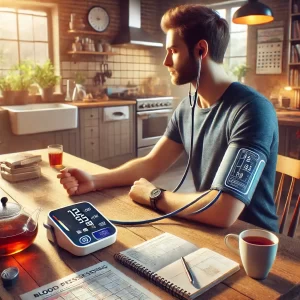
Home Blood Pressure Monitoring (HBPM) is the practice of measuring your blood pressure regularly in the comfort of your home, outside of clinical settings. This
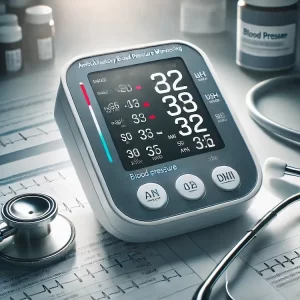
Ambulatory Blood Pressure Monitoring (ABPM) is a revolutionary tool that helps healthcare providers accurately diagnose and manage hypertension. Unlike standard clinical measurements, ABPM tracks a